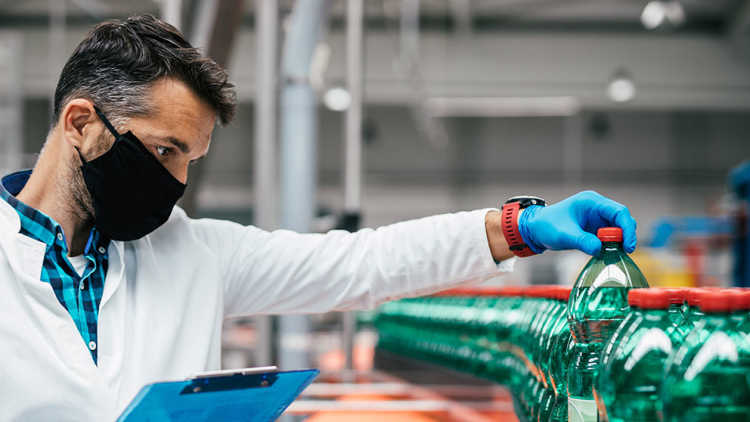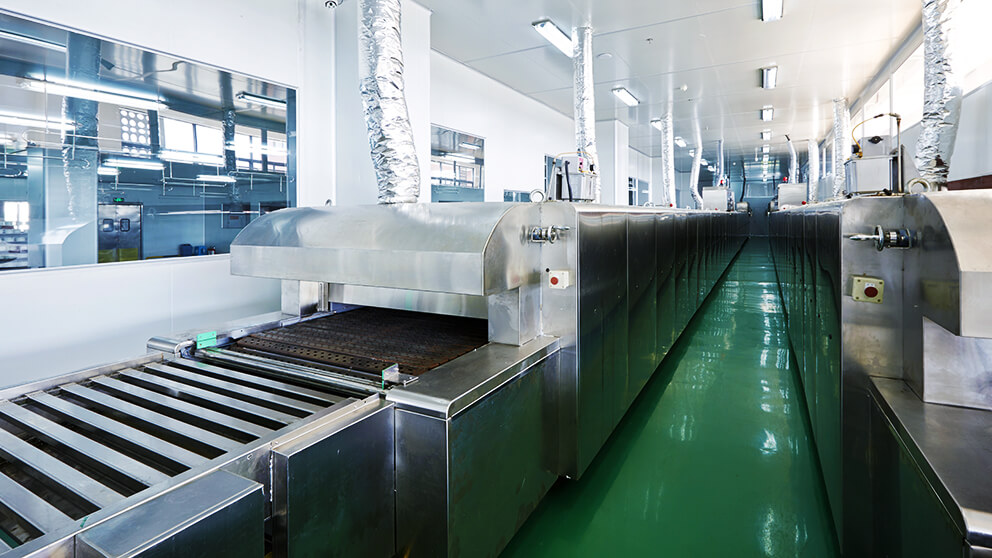How to make sustainability a way of life in your business

Along with everything food and beverage processors do to achieve peak performance and output, sustainability has become increasingly important.
Driven by the need to respond to increasing consumer demand and their own environmental and ethical conscience as well as anticipated regulations, the necessity to become more sustainable isn’t going away.
The federal government, for example, recently joined the United Nation’s Coalition for Sustainable Productivity Growth for Food Security and Resource Conservation (the SPG Coalition) – whose goal is to accelerate the transition to more sustainable food systems. Some of the coalition’s objectives are to address food loss and waste, resource conservation, biodiversity and climate change mitigation.
But where does a processor begin?
Earth Fresh Farms of Burlington, Ont., one of North America’s largest suppliers of potatoes, carrots and onions to the retail and foodservice industries, started its journey to increased efficiency and sustainability in the mid-2010s.
“Sustainability for us has become a way of life,” says President and CEO Tom Hughes.
Check water lines for dripping faucets, which can easily add up to thousands of litres of wasted water.
The company first focused on getting rid of plastic produce bags. In 2021, they launched their paper-based compostable bags. It was a dramatic move, considering many companies opt to stay with plastic-like bags made of recyclable material.
Beyond packaging, the production facility strives for sustainability. Here are some other sustainability steps Hughes recommends:
Maintain production floor tools like water lines. Ensure there are no dripping faucets or leaky pipes and that sprayers are correctly aligned to avoid excessive splash-back. Inefficiencies like this can quickly add up to thousands of lost litres of water.
Check motors on the production line to ensure all are equipped with variable speeds to control the amount of electricity required.
Upgrade equipment when you can. From the production floor to the office to the delivery vehicles – newer equipment is more energy-efficient.
“All those little things are important, not only to determine the cost of producing a product but also how much you’re using of each input,” Hughes points out.
Hughes suggests food and beverage processors hire a consultant to conduct a sustainability audit, develop goals and create a plan.
Sustainable food and packaging opportunities
As sustainability initiatives increase, product packaging can be one of the first areas to examine.
Ehsan Behzadfar of Toronto Metropolitan University Chemical Engineering and Environmental Applied Science and Management programs says there’s an opportunity for food and beverage processors to save money with sustainable packaging.
He points to a coffee pod company where users can toss discarded pods into a special bag and later mail them directly back to the company, who immediately re-use them.
“They close the loop,” he says. “They make themselves responsible for the packaging and can communicate with their customers that they themselves are solving the end-of-life scenario.”
Packaging innovations aren’t the only sustainable practice around. Sustainable sourcing of ingredients from supply chain partners worldwide, whether it’s coffee, palm oil, beef or more, ties together social, environmental and economic criteria.
Upcycling food is a way to reduce food waste, using food that otherwise wouldn’t have gone for human consumption. To learn more, check out the Upcycled Food Association.
Enhance transparency
Measuring and promoting environmental impact is also increasingly common. Efforts are focused on reducing or getting to net-zero emissions of greenhouse gases and reducing water usage, and waste.
Transparency about sustainability has become increasingly common – and those who are and work on sustainability stand to benefit.
As government, industry and the public continue to converge on sustainability, food and beverage processors will be driven to respond. Take a close look at your operation to see where sustainable steps can be implemented and bring in a consultant when you’re ready to make the big moves.
Article by: Trevor Bacque

What to consider when designing the layout of a food manufacturing facility.

